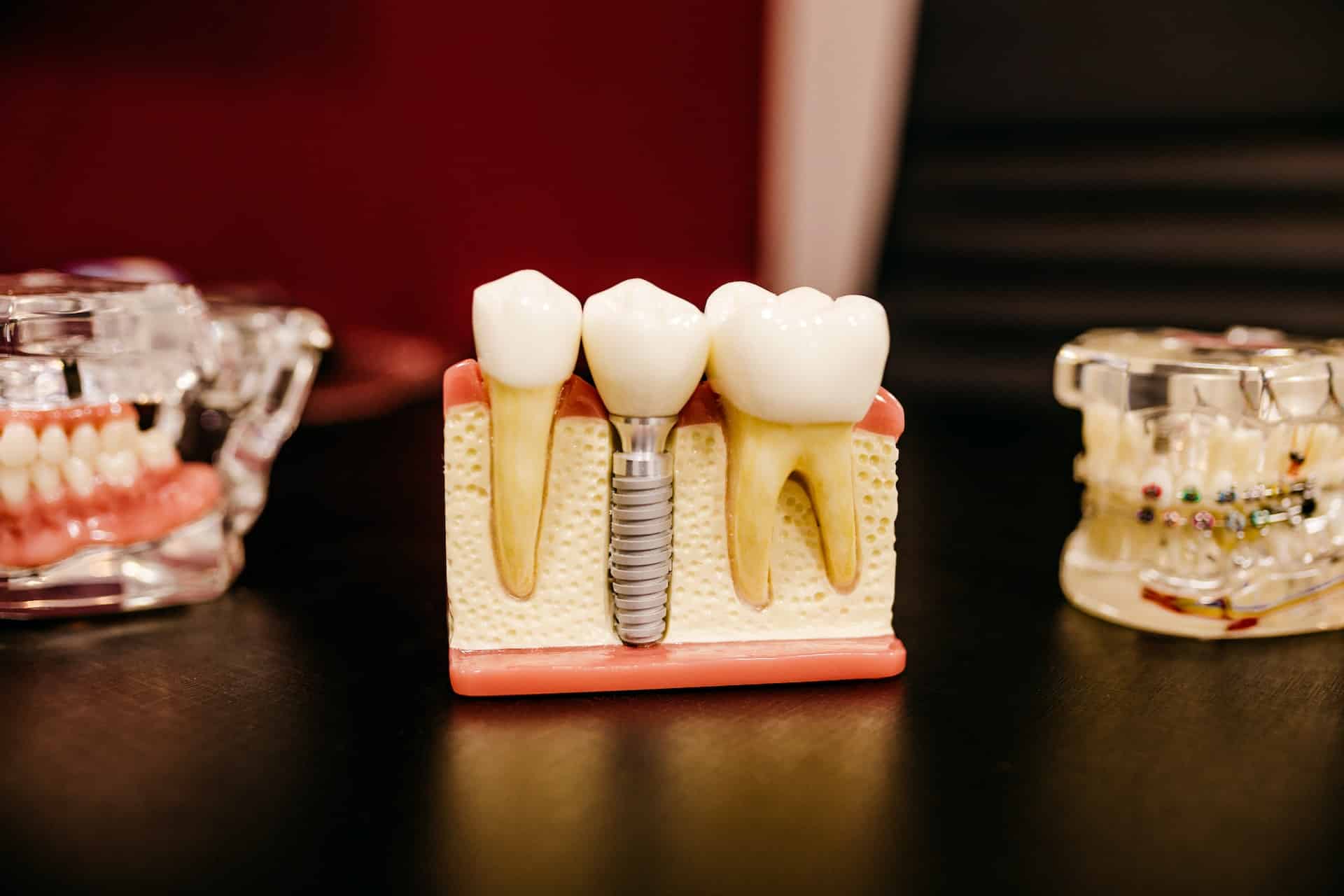
16 Jan How Long Do Dental Implants Last?
When it comes to deciding on the best replacement for missing teeth, longevity is a major factor. Although they’re the most expensive option, dental implants are the sturdiest and most durable solution. It’s important to know how long dental implants last before you rule them out or make the investment. Let’s explore the average lifespan of dental implants, and how to make sure they last.
How Do Dental Implants Work?
Dental implants are a permanent type of restoration that replaces the root as well as the rest of the tooth. First, a titanium implant post is surgically inserted into your jaw, Then a crown that looks exactly like a natural tooth is attached to the implant post. The metal post functions like a tooth root, and keeps the crown more stable than other restorations that don’t replace the root, like dentures and bridges.
How Long Do Dental Implants Last?
As durable as they are, technically dental implants do not last forever. They are subject to wear and tear, just like your natural teeth. However, dental implants have an average lifespan of 25 years, with proper care. So depending on how old you are when you get dental implants and how well you take care of them, they can certainly last a lifetime.
What Affects the Lifespan of Dental Implants?
Poor Oral Hygiene
Failing to brush your teeth twice a day or to floss at least once daily allows bacteria to build up. The bacteria form plaque and tartar that attacks your teeth and gums, leading to gum disease. You need healthy gums and good jaw bone density in order for dental implants to last. But if gum disease reaches below the gumline, it can weaken your jaw and cause tooth and bone loss. This can cause the dental implants to become loose or fall out.
Age and Health
Dental implants may not last as long in older adults because seniors are more prone to conditions like dry mouth and osteoporosis. Dry mouth is a condition in which you have restricted saliva flow, which allows bacteria to thrive because they don’t get washed away often enough. This increases the risk of gum disease, which leads to bone loss and implant failure. And if osteoporosis leads to bone loss in the jaw, it can also cause implant failure.
Bad Habits
Certain habits that are bad for your oral health can also weaken dental implants. For instance, teeth grinding puts a lot of pressure on an implant, which can cause the crown to fracture or loosen the entire implant.
Another bad habit you should kick before getting implants is smoking. Dental implant failure is far more likely in smokers, because smoking causes dry mouth and gum disease that weakens the jawbone. Smoking tobacco also slows your body’s natural healing ability, which can affect the recovery process after a dental implant procedure.
An Inexperienced Surgeon
Dental implants last much longer when they are placed by an experienced oral surgeon. An inexperienced surgeon could place the implant improperly, design it incorrectly, attach the crown too soon, or damage the surrounding tissue during the procedure. All of these mistakes can cause a dental implant to fail.
Dental Implants in Prescott Arizona
If you’re interested in dental implants, make sure to choose a professional oral surgeon to ensure that your restorations will last as long as possible. The experts at Prescott Dentistry have extensive experience in dental implant surgery, and can also provide supportive therapies that maximize healing after the procedure. Give us a call at 928-445-1660 today to schedule a consultation.
Images used under creative commons license – commercial use (1/16/2023). Photo by Jonathan Borba on Unsplash



